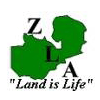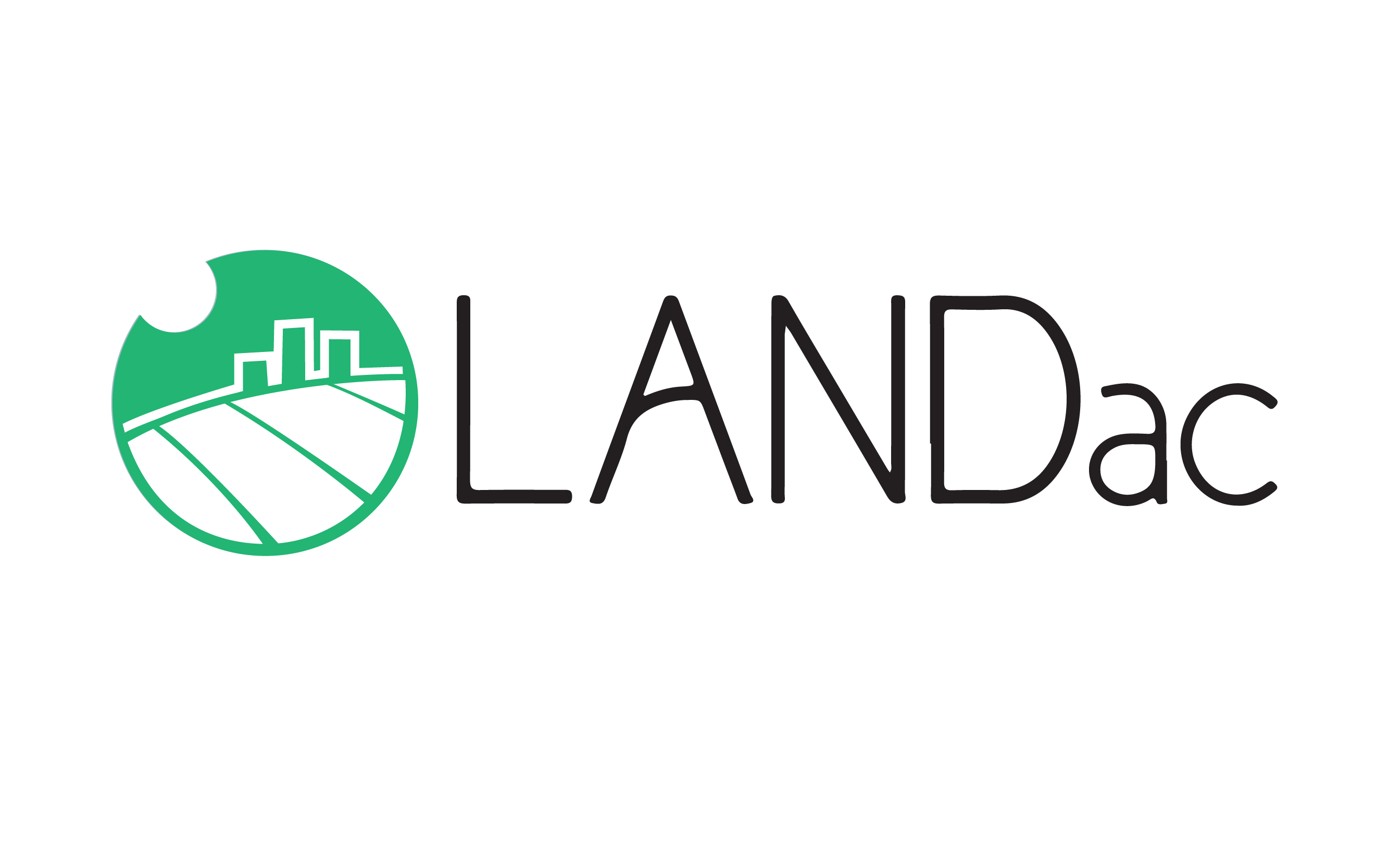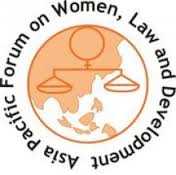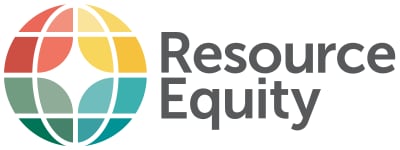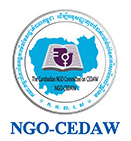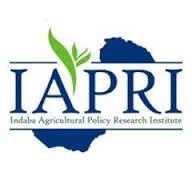Landesa - Rural Development Institute
About Landesa
Landesa partners with governments and local organizations to ensure that the world’s poorest families have secure rights over the land they till. Founded as the Rural Development Institute, Landesa has helped more than 105 million poor families gain legal control over their land since 1967. When families have secure rights to land, they can invest in their land to sustainably increase their harvests and reap the benefits—improved nutrition, health, and education—for generations.
Zambia Land Alliance
LANDac
LANDac, the Netherlands Academie on Land Governance for Equitable and Sustainable Development, is a partnership between Dutch organizations working on land governance. The partners are the International Development Studies (IDS) group at Utrecht University (leading partner), African Studies Centre, Agriterra, the Sociology of Development and Change (SDC) group at Wageningen University, the Land Portal Foundation, HIVOS, the Royal Tropical Institute (KIT), the Netherlands Ministry of Foreign Affairs, and Enclude Solutions.
Asia Pacific Forum on Women, Law and Development
APWLD developed from dialogues among Asia Pacific women lawyers, social scientists and activists, which began at the 1985 Third World Forum on Women, held in Nairobi, Kenya. The women participating in the dialogues recognised that while law is used as an instrument of state control over resources, rights and even women’s bodies, it can also be used to help effect political and socio-economic changes in our societies.
Cadasta Foundation
Reviving Documentation of Property Rights
Cadasta Foundation is dedicated to the support, continued development and growth of the Cadasta Platform – an innovative, open source suite of tools for the collection and management of ownership, occupancy, and spatial data that meets the unique challenges of this process in much of the world.
Resource Equity
Resource Equity is a women-run and women-centered nonprofit organization that focuses exclusively on legal issues specific to gender equity in land and natural resources around the world.
Cambodian Committee for Women
The Cambodian Committee for Women (CAMBOW) is a coalition of 35 NGOs and networks dedicated to the advancement of women and children.
CAMBOW is a non-partisan network of Cambodian NGOs that focus primarily on advancing the cause of women. CAMBOW was formally established in 2000 and registered with the Cambodian Ministry of Interior on 29 March 2001 (No 327). It currently consists of 35 members.
Cambodian NGO Committee on CEDAW
1. Vision
NGO-CEDAW envisions a Cambodian society in which both men and women fully realize and enjoy their human rights. We strive for: substantive equality for men and women in all fields; no gender-based discrimination; social justice; universal access to justice and education; and fair, sustainable economic development.
2. Goals
Natural Resource Women's Platform
Mission
To support the voices of these women against the wrong use of their communities resources, including making sure that they are involved in the decision making process through their organization and to press for equal rights and ownership to natural resources and forest in a way that it will reduce the poor living conditions of these women and the idea of looking down upon them.
Indaba Agricultural Policy Research Institute
Established in October 2011, the Indaba Agricultural Policy Research Institute (IAPRI) is a non-profit Zambian company limited by guarantee which collaboratively works with public and private stakeholders in the agricultural sector. IAPRI is led by a local Board of Directors drawn from various state and private sector stakeholders.
Our Vision: To be the Centre of Excellence for Agricultural Policy Research and Outreach in Zambia.
MIFUMI
MIFUMI is an international non-government women’s rights organisation based in Uganda. MIFUMI’s work revolves around protection of women and children experiencing violence and other forms of abuse. MIFUMI believes that if women are empowered they can rise above many of the cultural traditions that hold them back,such as Bride Price. If women are to realise their full potential, they can become the greatest contributors to development.



